The Point Of No Return For Cary Kolat
The Point Of No Return For Cary Kolat
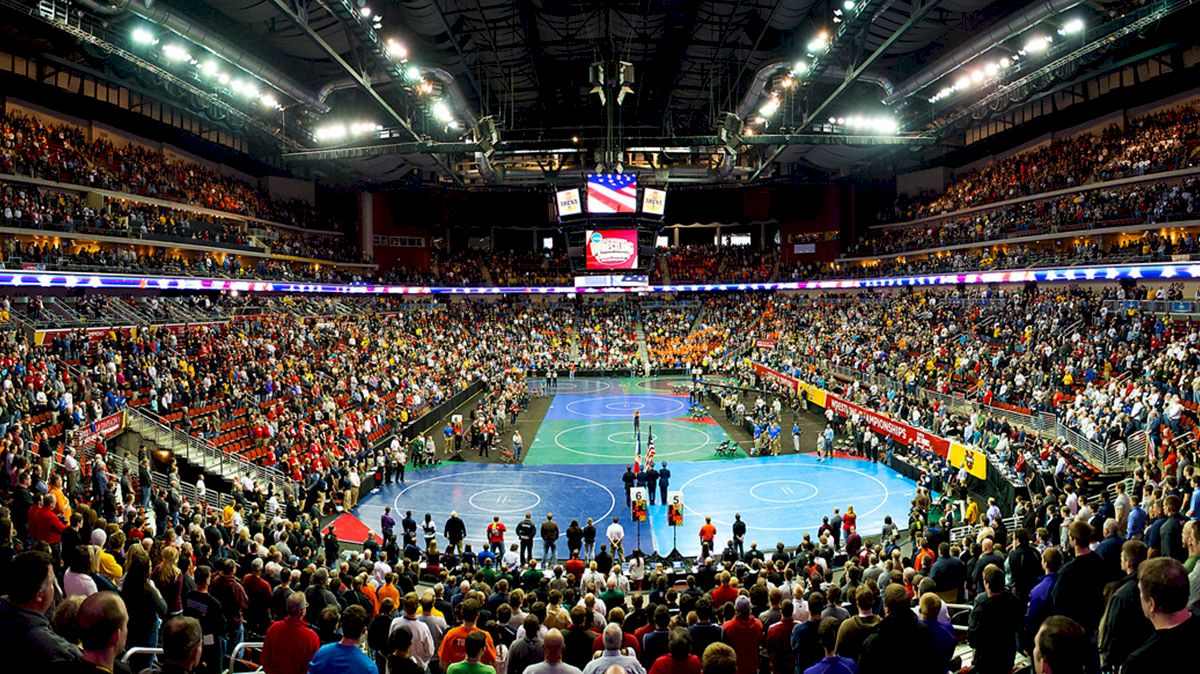
I have been around wrestling for most of my life but have never heard of a father who went to the extreme lengths that Cary Kolat's father did in training his son. Mr. Kolat took things to a whole new level.
I knew Cary Kolat was a great wrestler, but I wasn't exactly sure how or when that all started. In episode one of The Story of Cary Kolat we heard Cary talk about the dynamic between he and his father.
What made him so good? Cary Kolat credits his dad's unusual training methods and philosophy, which he outlines in the first episode as much of the reason for the start of his success. When he was only about seven or eight years old Cary decided to set his goals, once his dad saw them, the rest was history.
Here is a snippet from The Story of Cary Kolat where Cary talks about his father:
"My dad started to help me after my second year. When I wrote down my goals I always tell people
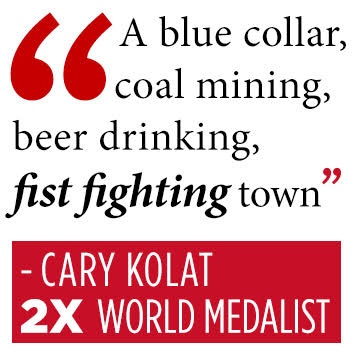 sometimes that was the biggest mistake I could have done. Because he got his hands on it and he sat me down and we had this long conversation and I was seven turning eight.
sometimes that was the biggest mistake I could have done. Because he got his hands on it and he sat me down and we had this long conversation and I was seven turning eight.
And I might have been looking at him and he says, 'So this is really what you want to do?' And I said, 'yeah', but what eight year old is going to say anything different? 'No let me think about it, maybe I don’t want to do this', you know?
So anyway we had this long conversation and he says to me, 'look if this is really what you want to do I will help you do it, but once we start you can’t quit' and I said, 'Well yeah, this is what I really wanted to do'.
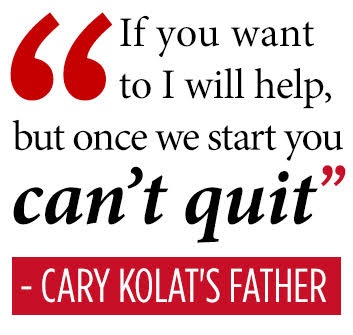 Now, had he told me the training methods before we started I would have said, 'No I don’t want to do this'. But he had a lot of patience. He grew up in a blue collar, coal mining, beer drinking, fist fighting kind of town.
Now, had he told me the training methods before we started I would have said, 'No I don’t want to do this'. But he had a lot of patience. He grew up in a blue collar, coal mining, beer drinking, fist fighting kind of town.
But he was ahead of his time when it came to training me. And he was just different, you know? He was about becoming a master of the sport. He wasn’t about winning. He never put winning into my mind. He was about me becoming a great wrestler."
Related Content
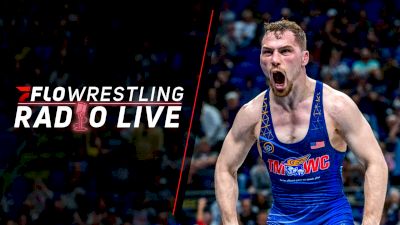 FRL 1,022 - Tom Ryan's Condition, Transfer News And The Olympics
FRL 1,022 - Tom Ryan's Condition, Transfer News And The OlympicsApr 25, 2024
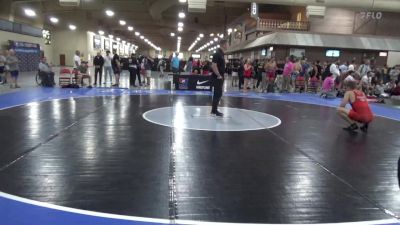 Replay: Mat 11 - 2024 US Open Wrestling Championships | Apr 24 @ 4 PM
Replay: Mat 11 - 2024 US Open Wrestling Championships | Apr 24 @ 4 PMApr 25, 2024
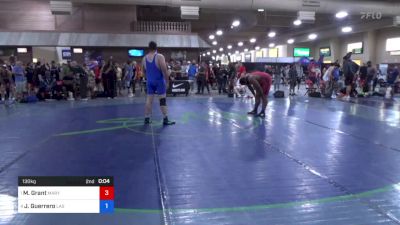 Replay: Mat 13 - 2024 US Open Wrestling Championships | Apr 24 @ 4 PM
Replay: Mat 13 - 2024 US Open Wrestling Championships | Apr 24 @ 4 PMApr 25, 2024
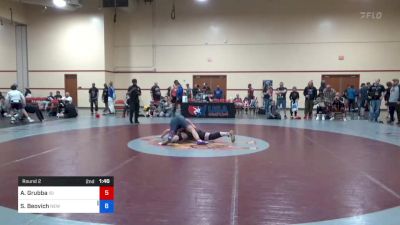 Replay: Mat 15 - 2024 US Open Wrestling Championships | Apr 24 @ 4 PM
Replay: Mat 15 - 2024 US Open Wrestling Championships | Apr 24 @ 4 PMApr 25, 2024
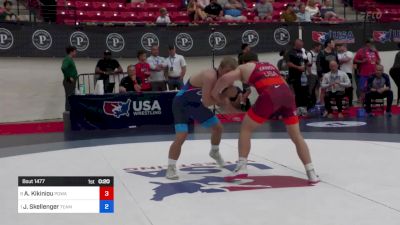 Replay: Mat 1 - 2024 US Open Wrestling Championships | Apr 24 @ 4 PM
Replay: Mat 1 - 2024 US Open Wrestling Championships | Apr 24 @ 4 PMApr 25, 2024
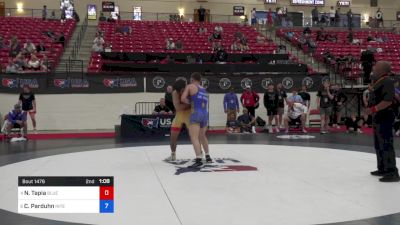 Replay: Mat 3 - 2024 US Open Wrestling Championships | Apr 24 @ 4 PM
Replay: Mat 3 - 2024 US Open Wrestling Championships | Apr 24 @ 4 PMApr 25, 2024
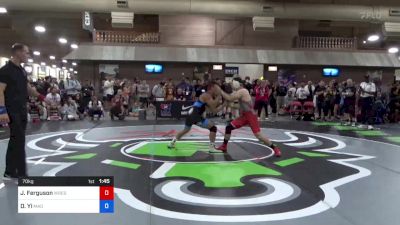 Replay: Mat 12 - 2024 US Open Wrestling Championships | Apr 24 @ 4 PM
Replay: Mat 12 - 2024 US Open Wrestling Championships | Apr 24 @ 4 PMApr 25, 2024
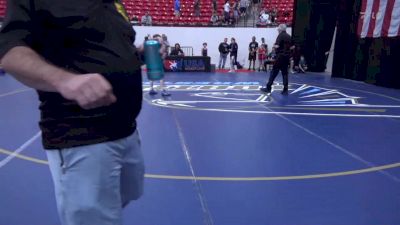 Replay: Mat 9 - 2024 US Open Wrestling Championships | Apr 24 @ 4 PM
Replay: Mat 9 - 2024 US Open Wrestling Championships | Apr 24 @ 4 PMApr 25, 2024
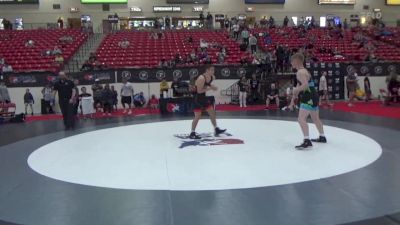 Replay: Mat 6 - 2024 US Open Wrestling Championships | Apr 24 @ 4 PM
Replay: Mat 6 - 2024 US Open Wrestling Championships | Apr 24 @ 4 PMApr 25, 2024